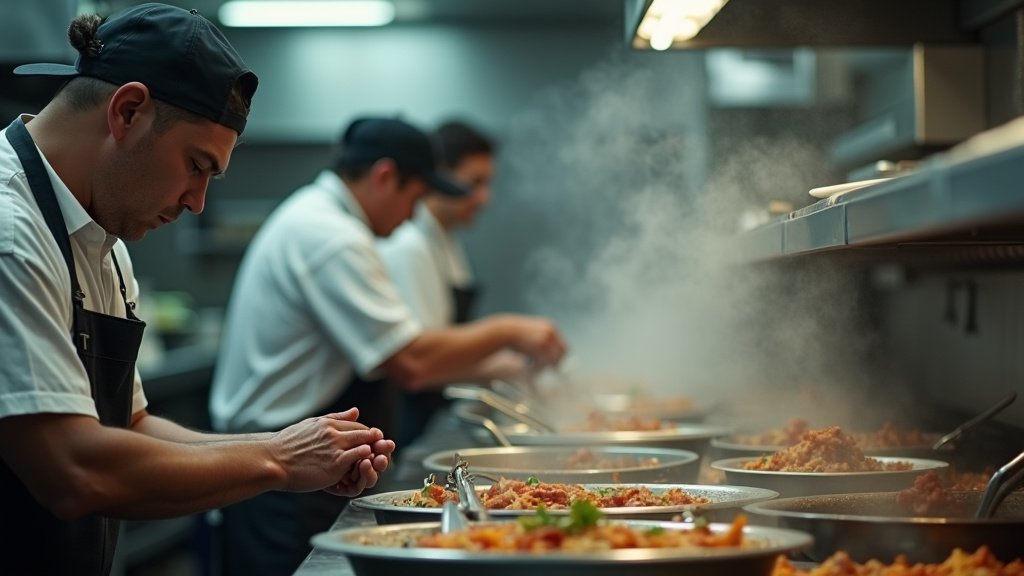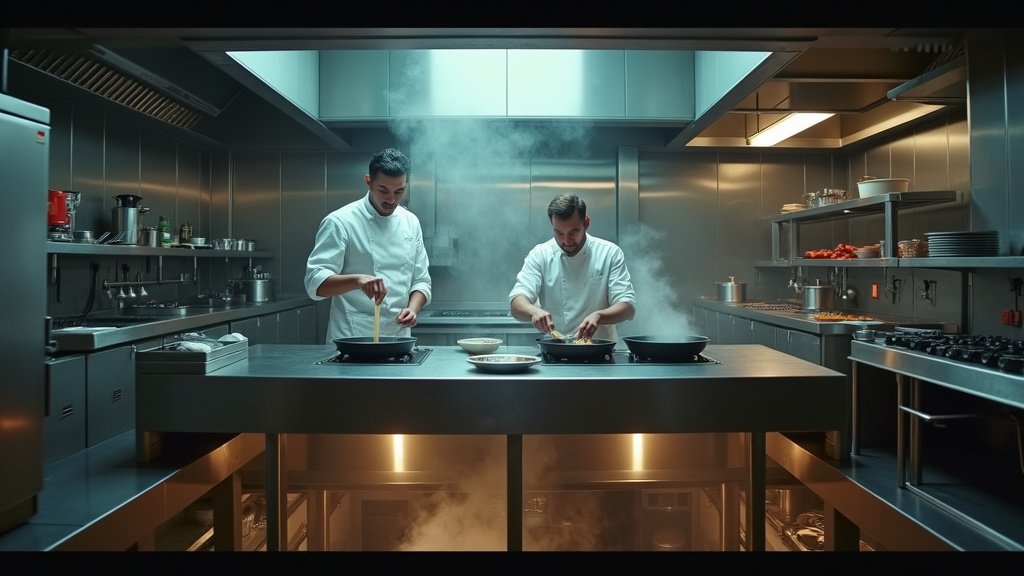The Lone Star State has drawn a line in the rapidly evolving landscape of food technology, enacting a comprehensive ban on the sale of lab-grown meat, also known as cell-cultured protein. Governor Greg Abbott signed Senate Bill 261 into law on June 20, 2025, prohibiting the manufacture, processing, possession, distribution, offering for sale, or sale of cell-cultured protein for human consumption within Texas.
This significant legislative move, set to take effect on September 1, 2025, will remain in force for two years, concluding on September 7, 2027, unless extended. It positions Texas as the seventh state to implement such restrictions, joining Florida, Alabama, Mississippi, Montana, Indiana, and Nebraska in limiting the nascent industry’s reach.
The Preemptive Ban: Protecting Texas Tradition
The core justification for the ban, championed by agricultural groups like the Texas & Southwestern Cattle Raisers Association (TSCRA), centers on safeguarding the state’s deeply rooted traditional livestock industry and its family farms. Proponents argue that cultivated meat poses a threat to conventional livestock markets and that consumers need protection from what they deem an experimental product. Concerns have also been voiced regarding potential health risks, including the presence of microplastics in the production process, though many scientists and industry experts dispute these claims, citing federal approvals as assurances of safety.
Violators of the new Texas law face substantial penalties, including up to one year in jail, a fine of up to $4,000, or both. Repeat offenses could escalate to a state jail felony, underscoring the seriousness with which the state legislature views compliance.
A Fleeting Taste of the Future
Despite the legislative action, the presence of lab-grown meat in Texas has been extremely limited. Shortly before the ban took effect, the upscale Austin restaurant Otoko made history by becoming the first and only establishment in Texas to offer cultivated salmon from the company Wildtype. This culinary experiment, which began in July 2025, provided a brief glimpse into what the future of food might entail for Texans, but was quickly curtailed by the new state law.
Debate Over Innovation and Protection
The ban has sparked a vigorous debate, pitting proponents of agricultural tradition against advocates for technological innovation and consumer choice. Critics, including former USDA official Barry Carpenter, argue that these bans are primarily protectionist measures by the traditional meat industry, aimed at warding off competition rather than addressing genuine health concerns. Carpenter asserts that if lab-grown meat products are clearly labeled, federally regulated, and proven safe, Texans should have the freedom to choose them, aligning with free-market principles.
Furthermore, the ban raises questions about Texas’s reputation as a hub for innovation. With institutions like Texas Tech and Texas A&M actively engaged in cellular agriculture research, critics warn that such legislative hurdles could deter investment and stifle job growth in a trending sector that is part of the global food conversation.
Broader Implications and Future Outlook
The environmental impact of cultivated meat production is another point of contention. While some research suggests potential sustainability benefits, other studies indicate higher carbon emissions compared to conventional meat, depending on energy sources used. The industry argues that leveraging renewable energy can mitigate these environmental concerns.
Legally, the landscape is also dynamic. Companies like UPSIDE Foods are challenging similar bans in other states, signaling that legal battles over cultivated meat regulations are likely to continue. The Texas ban, therefore, touches upon fundamental questions about food production, economic futures, and the balance between established industries and emerging technologies. As the debate continues, Texas has positioned itself to prioritize its agricultural heritage, impacting the broader national conversation about the trending future of food.






